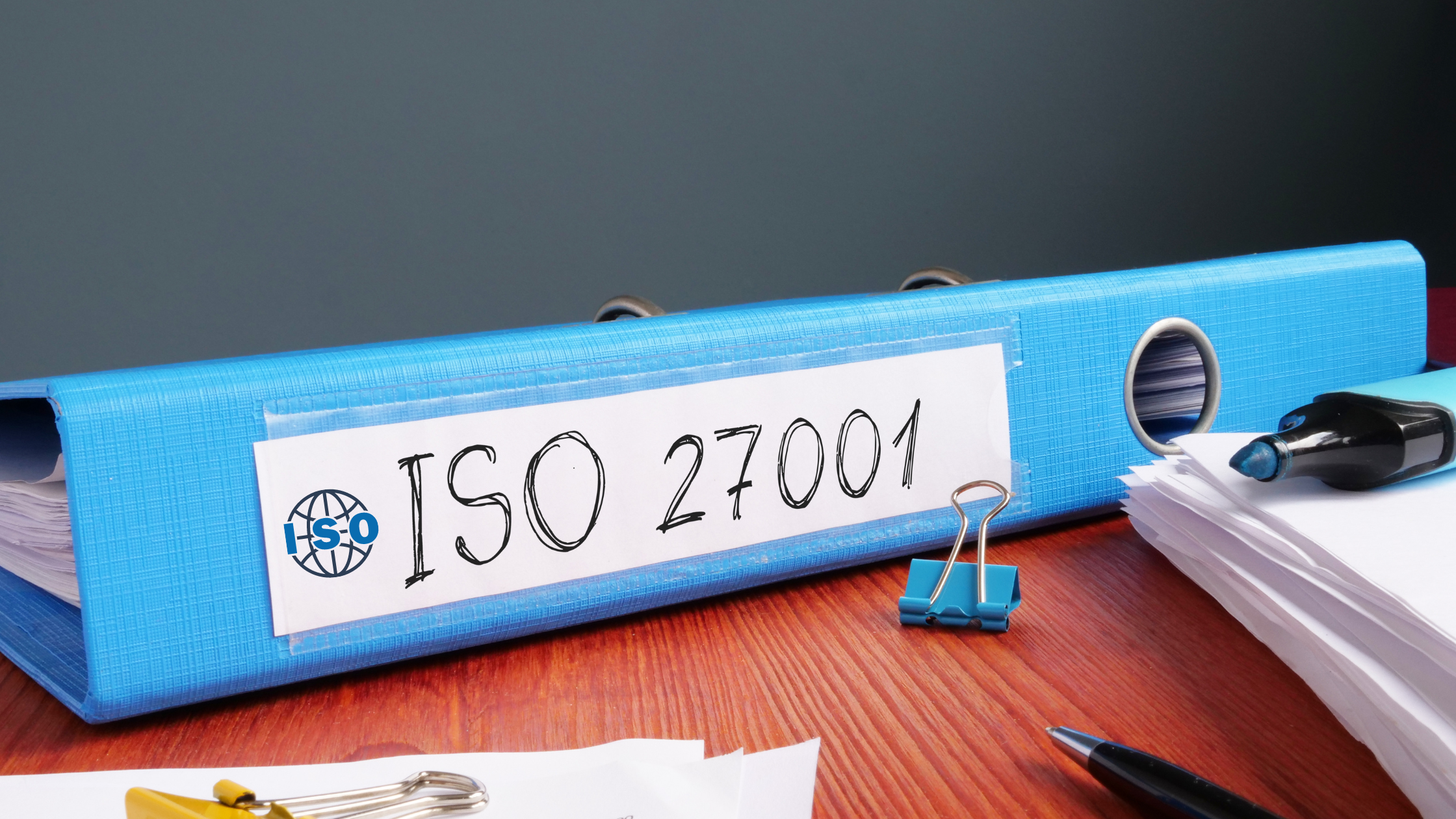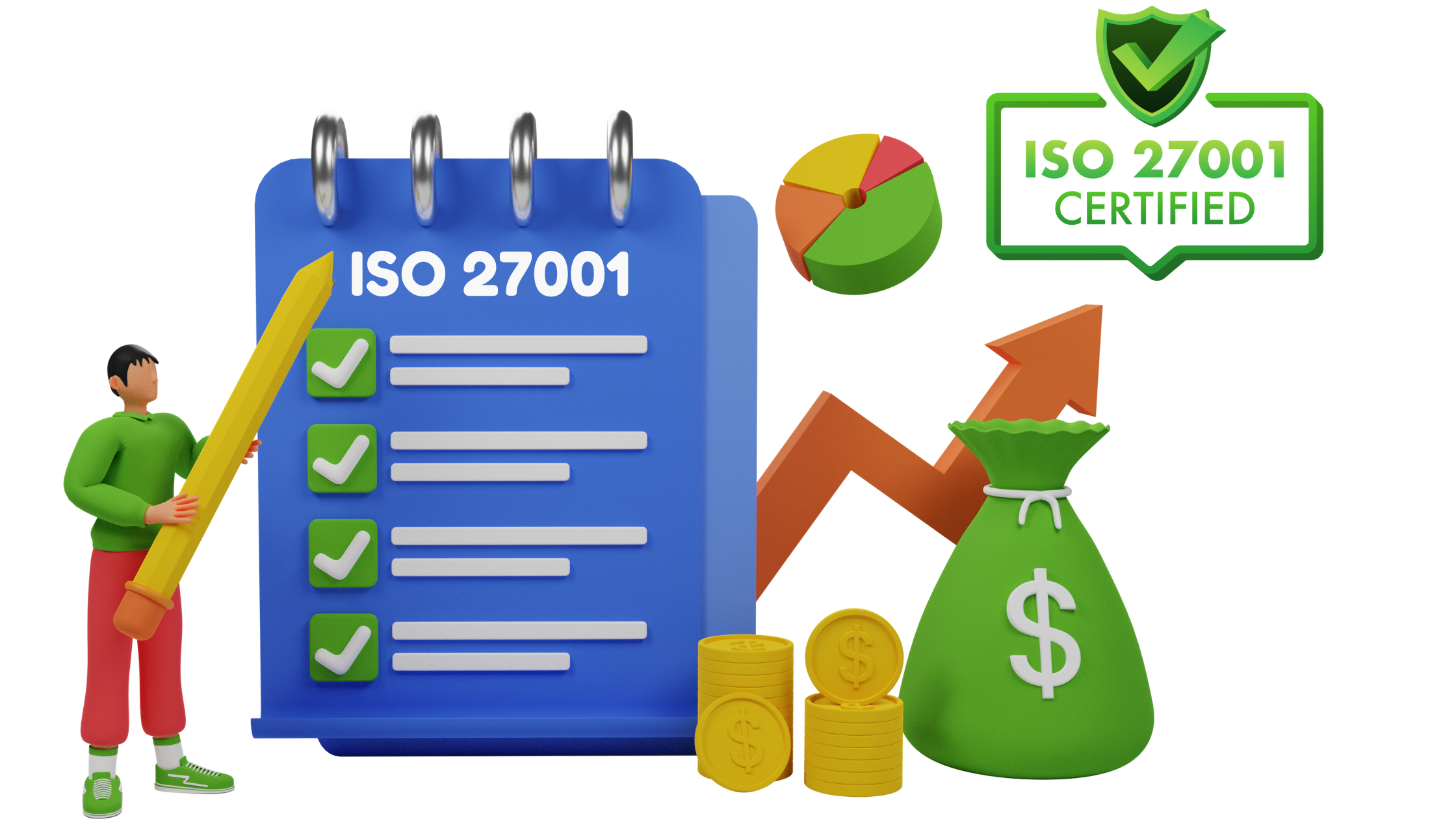Understanding the ISO 27001 Certification Process: A Comprehensive Guide
In today’s digital age, ensuring the security of sensitive information and data protection has become paramount for businesses of all sizes. One of the most recognized standards for information security management is ISO 27001. This certification not only demonstrates a company’s commitment to safeguarding data but also enhances its credibility and trustworthiness in the eyes of clients and stakeholder
What is ISO 27001 Certification?
ISO 27001 is an international standard that outlines the requirements for establishing, implementing, maintaining, and continually improving an information security management system (ISMS). The primary goal of ISO 27001 is to help organizations manage and protect their valuable information assets, including financial data, intellectual property, customer information, and employee records, among others.
ISO 27001 Certification Services
Obtaining ISO 27001 certification involves a series of steps and processes to ensure compliance with the standard’s requirements. Here’s a breakdown of the ISO 27001 certification process:
Gap Analysis: Before embarking on the certification journey, organizations often conduct a gap analysis to assess their current information security practices against the requirements of ISO 27001. This step helps identify areas that need improvement or alignment with the standard.
ISMS Development: Based on the gap analysis findings, organizations develop and implement an ISMS tailored to their specific business processes and information security needs. This includes defining security policies, conducting risk assessments, and establishing controls to mitigate identified risks.
Internal Audits: Internal audits are conducted to evaluate the effectiveness of the ISMS and ensure compliance with ISO 27001 requirements. Qualified internal auditors assess the implementation of security controls, risk management processes, and overall ISMS performance.
Management Review: Top management reviews the results of internal audits and performance of the ISMS. This review ensures that the ISMS remains aligned with business objectives and addresses emerging security challenges effectively.
Certification Audit: Once the ISMS is deemed mature and effective, organizations undergo a certification audit conducted by an accredited certification body. The certification audit verifies compliance with ISO 27001 standards and assesses the effectiveness of the ISMS in protecting information assets.
ISO 27001 Certification: Upon successful completion of the certification audit, organizations are awarded ISO 27001 certification. This certification signifies that the organization has established and maintains an ISMS in accordance with international best practices for information security management.
ISO 27001 Certification Cost
The cost of obtaining ISO 27001 certification varies depending on several factors, including the size and complexity of the organization, the scope of the ISMS, the level of existing information security maturity, and the chosen certification body. Organizations should budget for expenses related to:
Consulting Services: Engaging consultants experienced in ISO 27001 implementation can streamline the certification process but adds to the overall cost.
Training and Awareness: Training employees on information security best practices and raising awareness about the importance of ISO 27001 compliance is essential for successful certification.
Audit and Certification Fees: Accredited certification bodies charge fees for conducting certification audits and issuing ISO 27001 certificates.
While the initial investment for ISO 27001 certification may seem significant, the long-term benefits, such as improved security posture, enhanced customer trust, and competitive advantage, outweigh the costs.
ISO 27001 Lead Auditor
An ISO 27001 Lead Auditor plays a crucial role in the certification process. A Lead Auditor is responsible for:
- Conducting thorough audits of the ISMS to assess compliance with ISO 27001 standards.
- Identifying non-conformities and areas for improvement in the ISMS.
- Providing recommendations and guidance to help organizations achieve and maintain ISO 27001 certification.
- Ensuring that certification audits are conducted impartially and in accordance with established audit protocols.
Data Protection Certification
ISO 27001 certification is a key component of an organization’s data protection strategy. By implementing and maintaining an ISMS aligned with ISO 27001 standards, organizations demonstrate their commitment to safeguarding sensitive data and complying with regulatory requirements related to data protection and privacy.
In conclusion, achieving ISO 27001 certification is a strategic investment for organizations looking to strengthen their information security posture, build trust with stakeholders, and mitigate risks associated with data breaches. Partnering with experienced consultants and auditors can streamline the certification process and ensure successful implementation of an effective ISMS.








